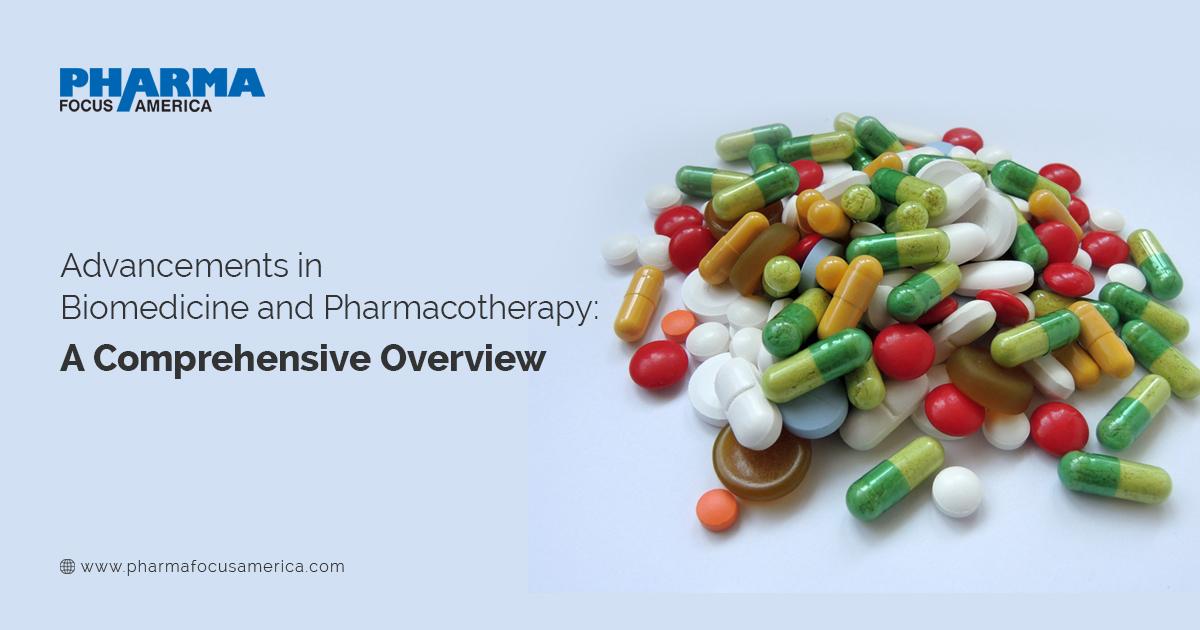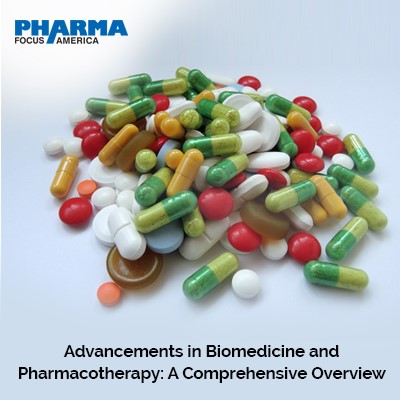Notifications
2 minutes, 16 seconds
-47 Views 0 Comments 0 Likes 0 Reviews

Recent advancements in biomedicine and pharmacotherapy have revolutionized healthcare through precision medicine, immunotherapy, regenerative medicine, and artificial intelligence. These transformative technologies offer personalized interventions, improved patient outcomes, and potential solutions to unmet medical needs, shaping the future of medicine with innovation and precision.

Advancements in biomedicine and pharmacotherapy have revolutionized healthcare, extending and enhancing human life expectancy, improving quality of life, and tackling complex diseases that were once considered incurable. This comprehensive overview delves into the recent strides made in these fields, exploring key breakthroughs, technologies, and their impact on medical practice and patient care.
Precision medicine, also known as personalized medicine, has emerged as a paradigm shift in healthcare delivery. It tailors medical treatment and interventions to the individual characteristics of each patient, including their genetic makeup, environment, and lifestyle. Advances in genomics, proteomics, and metabolomics have fueled the development of precision medicine approaches, enabling healthcare providers to predict, prevent, and treat diseases with unprecedented accuracy.
The advent of high-throughput sequencing technologies has facilitated genome-wide association studies (GWAS) and whole-genome sequencing, unraveling the genetic basis of various diseases such as cancer, cardiovascular disorders, and rare genetic conditions. Genomic profiling allows for personalized risk assessment, early detection of hereditary conditions, and targeted therapies tailored to an individual's genetic profile.
Pharmacogenomic testing enables the customization of drug therapy based on an individual's genetic variations, optimizing drug efficacy and minimizing adverse drug reactions. By identifying genetic markers associated with drug metabolism and response, healthcare providers can prescribe medications with greater precision, maximizing therapeutic outcomes while minimizing side effects.

